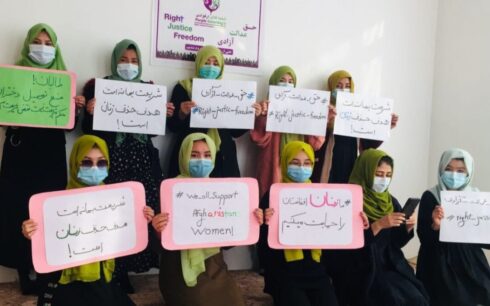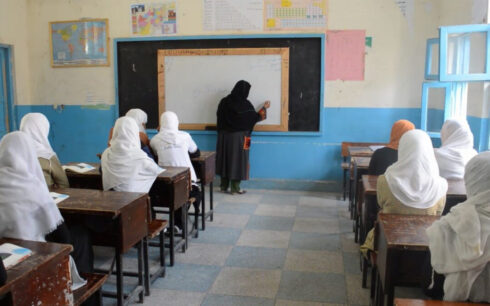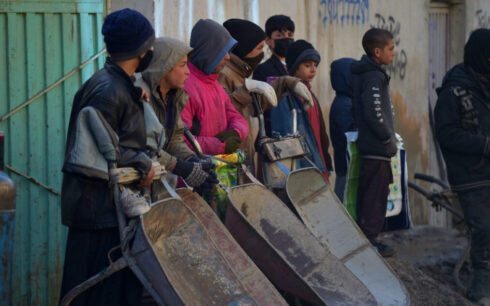The continued detention of women protesters by the Taliban, including women’s rights activist Parisa Azada, has ignited a global outcry, with human rights organizations expressing deep concern over potential crimes against humanity and gender-based persecution.
Azada, a member of the Women’s Movement for Freedom and Justice, was apprehended by the Taliban in Kabul’s Dasht-e-Barchi on Nov. 14. Four days after her arrest, there is still no information about her whereabouts.
Amnesty International has raised alarms about these arbitrary detentions, calling on the Taliban to “immediately and unconditionally” release Azada and other detained activists, such as Manizha Siddiqi, Zhulia Parsi, Nida Parwani, and university professor Rasoul Parsi.
“The continued Taliban’s severe restrictions and unlawful crackdown on women and girls’ rights can amount to crimes against humanity of gender persecution,” the organization warned.
Amnesty International reiterated its call for the establishment of “an independent international accountability mechanism to collect and preserve evidence of crimes under international law to hold those responsible accountable.”
The head of the Women’s Movement for Freedom and Justice criticized the international community’s response to the Taliban’s actions.
Over the past two months, the Taliban has detained several women activists, including Neda Parwani and her husband, Julia Parsi and her son, and now, Parisa Azada. The Taliban has maintained silence regarding these detentions.
Despite global criticism, the Taliban persists in detaining women protesters. Feridun Sinirlioğlu, the UN Secretary-General’s Special Coordinator for Afghanistan, reported a significant decline in civil society in Afghanistan over the past months due to increased restrictions, Taliban surveillance, harassment, arbitrary detentions of civil society members, and media suppression.





